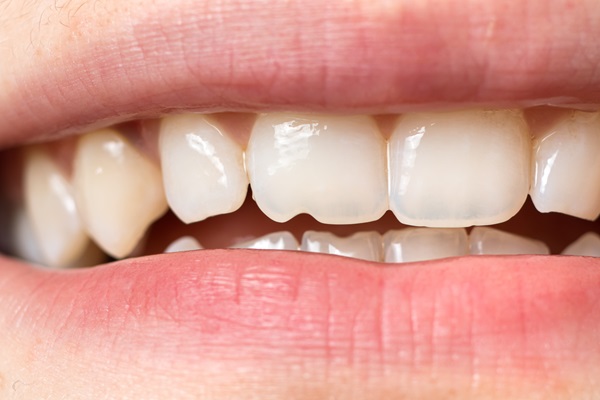How to Prepare for a Root Canal Treatment

Getting a root canal may seem to be a daunting task to most, as there are numerous rumors about root canals being a painful procedure. However, contrary to popular belief, when done right, a root canal is a relatively pain-free procedure and nothing to be scared of.
Root canals are designed to alleviate pain, restore the health of a tooth and prevent the need for extraction. When preparing for a root canal, it is important to understand exactly what the procedure is. The pulp chamber of every tooth contains the pulp. These are the blood vessels and nerve of the tooth. An infection within the pulp can indeed lead to pain. Infections may be a result of decay deep in the tooth or a crack or chip on the surface.
During a root canal treatment, anesthesia is typically administered and an infected pulp is removed. The tooth is cleaned, disinfected and then filled and sealed with a material rubber-like material called gutta-percha. Afterward, a filling or crown is placed over the tooth to shield it from irritants in the mouth and restore its function.
Here are five ways to prepare for a root canal:
Preparing for a root canal
1. Avoid alcohol and tobacco for a full 24 hours before the procedure
During the procedure, the dentist will inject the gums with a local anesthetic, and it may have an adverse reaction to tobacco and alcohol.
2. Eat before the procedure
Since an anesthetic will be injected into the gums during the procedure, the patient's mouth may feel numb hours afterward, making it difficult to eat, so unless the patient is told not to by the dentist, eating a small meal an hour before the procedure will make the recovery much more comfortable.
3. Explore medication options with your dentist
Many dentists advise their patients to take ibuprofen or Tylenol a few hours before the treatment starts. These drugs are anti-inflammatory pain relievers that will help ease any swelling that may occur. It should be noted that medications like these can affect the dentist's ability to diagnose issues and they should only be taken before a root canal when the dentist says it is okay to do so.
4. Ask questions
There is no such thing as too many questions when at a dentist's office. It is important to understand the entire procedure and what exactly is happening as a whole. It is also important to ask what type of foods can be eaten after the procedure.
5. Get a full night's sleep before and after
The human body recovers the most when at rest. Most of the "repairs" are done while a person is asleep, so make sure you get a lot of sleep to make the recovery from the procedure as smooth as possible.
Despite all the rumors and tall tales, root canal procedures are an effective way to save a tooth and restore its function.
Contact one of our dentists if you think you need a root canal.
Let's get started …
Are you considering getting a root canal in the Santa Rosa area? Get more information at https://santarosaendodontics.com.
Recent Posts
Having a chipped tooth is not something that anyone wants to deal with. It can be problematic because of the treatment required. Additionally, having a chipped tooth can be painful and make it challenging to eat and even speak like normal. Fortunately, there are a plethora of resources that people can use in order to…
An endodontist treats tooth infections with root canal therapy. Although many dentists can provide this treatment, additional training may be necessary to treat the most severe cases. The goal of root canal therapy is tooth loss prevention. Still, various factors can complicate the procedure, making the experience and training of dentists with advanced endodontic training invaluable.Persistent…
An emergency endodontist plays a crucial role when you are dealing with dental crises. These dental professionals deal with the treatment of oral pain and trauma resulting from issues in the tooth’s interior. Dental emergencies usually occur without notice. Therefore, patients need to know what measures to take to get quick pain relief. This article…
A broken tooth can cause pain. It can also lower your self-esteem because it can distort your smile. Your endodontist can assess your affected tooth and recommend the right treatment. Here are the details on how your endodontist will approach and correct your broken tooth.These thin shells can repair a broken tooth by covering and…


